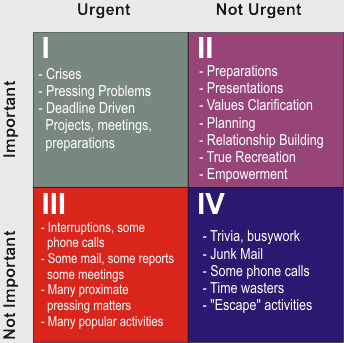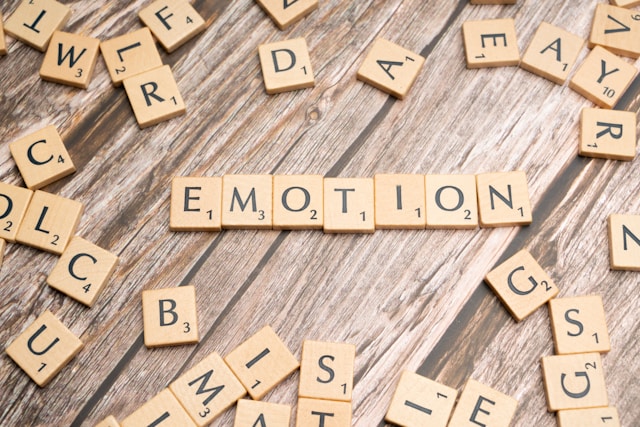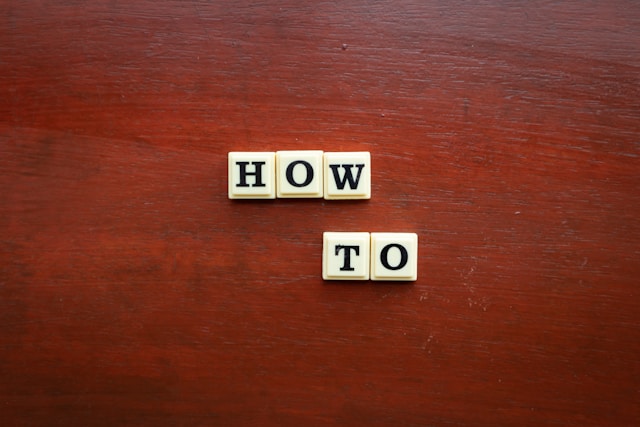- The 7 habits: be proactive, begin with the end in mind, put first things first, think win-win, seek first to understand then to be understood, synergize, and sharpen the saw
- Effectiveness = doing what truly matters
- Focus on important tasks to create long-term effectiveness
The 7 Habits of Highly Effective People book by Stephen R. Covey has become one of the most influential guides to personal and professional growth. Instead of offering quick fixes, it teaches you how to transform your mindset, build character, and develop habits that create lasting success.
By focusing on principles such as proactivity, vision, empathy, and renewal, Covey demonstrates that effectiveness isn’t about doing more, but about doing what truly matters.

Summary of the 7 Habits of Highly Effective People Book
The seven habits are designed to move you through a natural progression: dependence, independence, interdependence, and finally renewal.
The first three habits focus on “Private Victories:”
- Be Proactive,
- Begin with the End in Mind,
- Put First Things First.
These help you take responsibility for your choices, clarify your life vision, and prioritize actions that align with your deepest values. By mastering self-leadership and self-management, you achieve independence and build the inner strength to guide your life with purpose.
The next three habits shift the focus toward “Public Victories:”
- Think Win-Win,
- Seek First to Understand Then to Be Understood,
- Synergize.
Here, Covey stresses the importance of relationships, empathy, and collaboration. Thinking win-win creates mutual benefit, while empathic listening builds trust and understanding. Synergy, the outcome of valuing differences and creative cooperation, allows individuals and teams to achieve far more together than they could alone.
The seventh habit emphasizes “Renewal & Balance”:
- Sharpen the Saw
Covey outlines four dimensions of self-renewal (physical, spiritual, mental, and social/emotional) that must be nurtured regularly. This continuous renewal strengthens the foundation of the other six habits and ensures growth is sustainable over time.
An interesting aspect emphasized by this book is the distinction between urgent and important tasks. The author encourages focusing on activities that are important but not urgent (such as planning, relationship-building, and self-care). These investments prevent crises and create long-term effectiveness.
By practicing these habits consistently, you build character, strengthen relationships, and create a cycle of growth that benefits both yourself and those around you.

How the Brain Powers Proactivity and Vision
One of the most fascinating lessons in the 7 Habits of Highly Effective People book is the power of proactivity.
- When you choose to act instead of react, your brain strengthens its executive function, giving you more control over your emotions and choices.
- By practicing proactive thinking, you rewire your mind to focus on possibilities rather than problems.
Vision also plays a huge role in how your brain sets and achieves goals.
- Neuroscience shows that when you visualize your future clearly, your brain begins to create pathways that make it easier to act toward that outcome.
- When you picture the life you want, your brain treats it like a map, helping you move step by step in the right direction.
Habit loops also come into play here. Your brain loves routines because they save energy.
- By deliberately creating positive habit loops and prioritizing important actions, you teach your brain to make better choices automatically.
- Instead of fighting against your impulses every day, you design habits that guide you without constant effort.

Emotional Intelligence, Synergy, and Renewal
The 7 Habits of Highly Effective People book also highlights the psychology of relationships.
- Active listening isn’t just polite, but a cornerstone of emotional intelligence.
- When you listen to understand instead of replying, your brain builds stronger empathy pathways.
- This makes it easier to connect with others, resolve conflicts, and create win-win outcomes.
Synergy takes this even further. Psychology shows that diverse perspectives spark creativity.
- When you value differences and combine unique viewpoints, your brain engages in higher-level problem solving.
Finally, renewal ties everything together. Neuroplasticity, the brain’s ability to adapt and grow, thrives when you rest, reflect, and invest in self-care.
- Whether it’s exercise, meditation, or learning new skills, renewal strengthens your brain and makes all the other habits easier to maintain.
By weaving together psychology and practice, the 7 Habits of Highly Effective People book shows you that effectiveness is about designing your brain, your habits, and your relationships in a way that works for you.

Practical Takeaways from the 7 Habits of Highly Effective People Book
The 7 Habits of Highly Effective People book offers practical ways to enhance your day-to-day life. One of the best places to start is in the morning. By being proactive the moment you wake up, you set the tone for everything else.
- Instead of diving straight into emails or scrolling through your phone, you can take charge with a simple routine like stretching, journaling, or planning three important tasks.
- These small proactive steps give you clarity and calm before the chaos begins.
Prioritizing without stress is another life-changing skill from the book. Covey’s famous time-management matrix helps you focus on what truly matters, rather than getting lost in distractions.
- By identifying tasks that are important but not urgent, you can prevent crises before they happen and feel less overwhelmed.
One of the most underrated takeaways is the habit of listening. Instead of waiting for your turn to talk, you shift to listening with the intent to understand.
- This not only builds trust but also makes people feel valued, which is the foundation of meaningful relationships.
Win-win thinking is just as practical. Whether you’re negotiating with colleagues, sharing chores at home, or making weekend plans, aiming for mutual benefit makes life smoother.
- You stop competing for “who’s right” and start creating solutions everyone enjoys.
Renewal is what ties everything together. You can’t be effective if you’re constantly running on empty.
- Simple acts like walking in nature, enjoying music, or practicing mindfulness recharge your energy and keep your effectiveness sustainable.

Conclusion
The 7 Habits of Highly Effective People book is a roadmap for living with purpose, balance, and effectiveness. By applying these habits, you can strengthen your character, build deeper relationships, and achieve long-term success without burning out.
The beauty of Covey’s approach is that it works in every area of life, from career and leadership to family and personal growth. Start small, practice consistently, and you’ll see how these timeless habits create lasting change.



